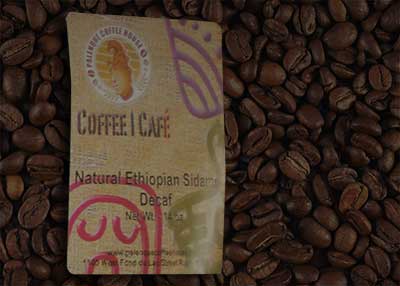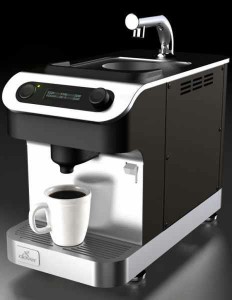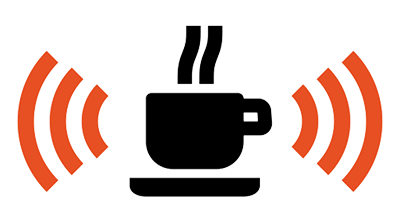Knowing Robusta vs. Arabica and Why This Matters for Africa

Perhaps the first thing single-origin coffee novices need to learn about African-grown coffee is the difference between Coffea arabica and Coffea canephora, the two species of coffee-growing plants or shrubs that essentially divide the entire coffee world into two. (Site note: “Robusta” is technically one variety of Coffea canephora, with the other variety being Nganda, which is why it is not scientificially classified as “Coffea Robusta”).
Most people worldwide prefer Arabica coffee – about 80% of the world’s coffee comes from this plant rather than Coffea canephora. Though much of the world’s Robusta coffee is now produced in Vietnam, Robusta is also produced in areas like Africa and Brazil. Africa, specifically, devotes a lot of its coffee production to Robusta coffee, with countries like Nigeria, Gabon, Angola, and Madagascar focusing mainly on Robusta production. (A majority of the other countries, like Brazil, will produce both types of coffee, though a few do focus more heavily on simply cultivating Arabica).
It’s not hard to tell why this might make a difference for pursuers of single origin African coffee: if you like Robusta over Arabica coffee, then you’re more likely to pursue a single origin coffee that originated from a single origin in Africa.
A Quick Note: Understanding Robusta Coffee
Since Africa is so heavily-focused on Robusta coffee (at least relative to other conteinents), it’s worth making a special note on how Robusta coffee is grown. Typically, Robusta coffee is produced at lower altitudes, for one, and because of its higher caffeine content, is generally more resistant to disease.
Despite these factors, the flavor of Arabica is generally considered superior to that of Robusta – even if individual opinions may vary. Although both types of coffee beans have their “good” and “bad” varieties – as all foods and produce products are bound to have – generally most coffee lovers tend to lean toward using Arabica beans.
With some 20% of the coffee market, however, it is apparent that Robusta has a place. Issues like cost, individual tastes, and how companies produce large amount of multi-origin coffees (in our eyes, this is a no-no) keep demand for Robusta relatively – and pardon the pun – robust.
Much of the vacuum-packed coffee you find in supermarkets is actually Robusta thanks to the high yield of Robusta in top-exporting countries like Vietnam and Brazil; Robusta is cheaper to acquire. Specialty coffees typically are from Arabica beans, however it’s important to remember that some roasters “dilute” the impact of Arabica beans with Robusta beans.





